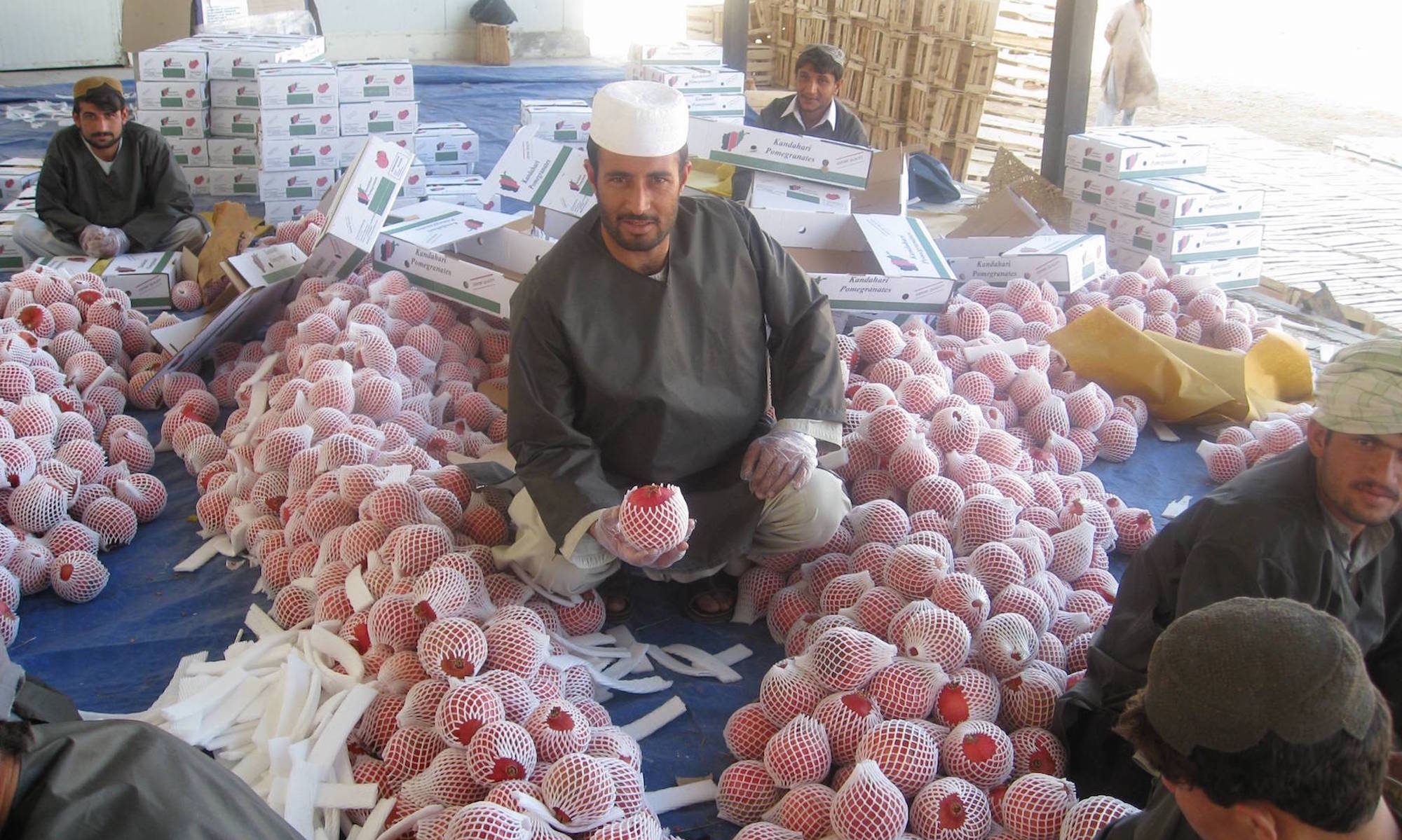This paper looks at the Eritrean state-making process in light of the 1998-2000 Eritreo-Ethiopian war and its aftermath. Three historical layers are discussed as determining the workings of the present Eritrean state. Their most important legacies are concerns around territorial integrity coupled with a deep mistrust of the international community, and a political system based on mobilisation coupled with authoritarian control. The war had two major consequences for the Eritrean polity: It led to many ruptures within the state, and it re-enforced deeply held suspicions towards the main international actors engaged in finding a sustainable solution. The latter’s involvement has resulted in a stalemate. Looking into the future, in a best-case scenario, pressure will be put on Ethiopia to accept once and for all its boundary with Eritrea as defined by international law. At the same time, this could open the way for domestic change towards constitutional government in Eritrea. At present, lacking a base for mutual engagement, future prospects for both countries, but more so for Eritrea, look bleak.

INSCT Postconflict Research Database
The Institute for National Security and Counterterrorism's Postconflict Research Database & Analysis Project stores cross-indexed bibliographic information on hundreds of journal articles, books, book chapters, and case reports that address the broad, interdisciplinary fields of postconflict reconstruction, stabilization, and peacebuilding.
46 Replies to “State Making in the Horn of Africa: Notes on Eritrea and Prospects for the End of Violent Conflict in the Horn”
Comments are closed.